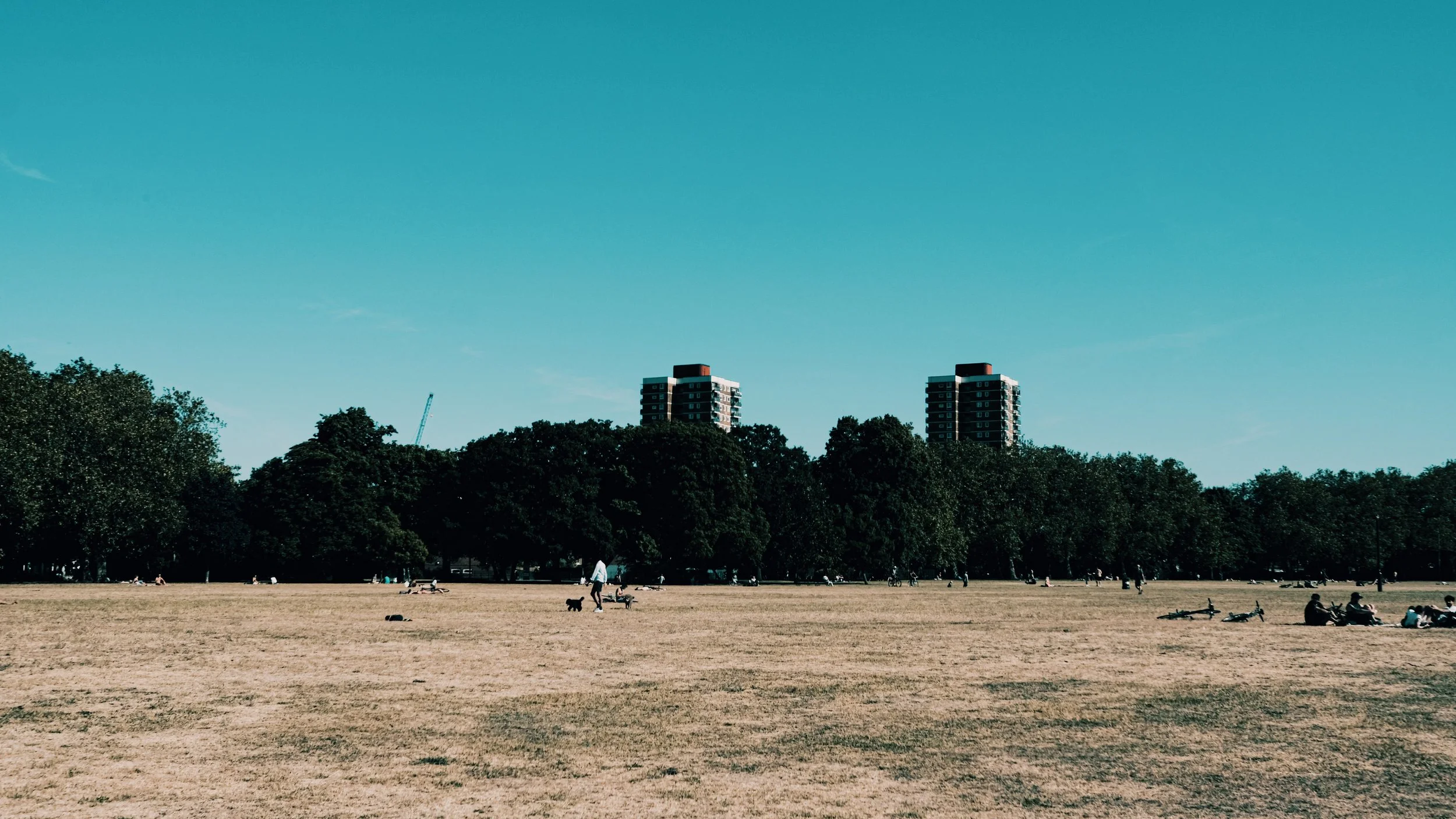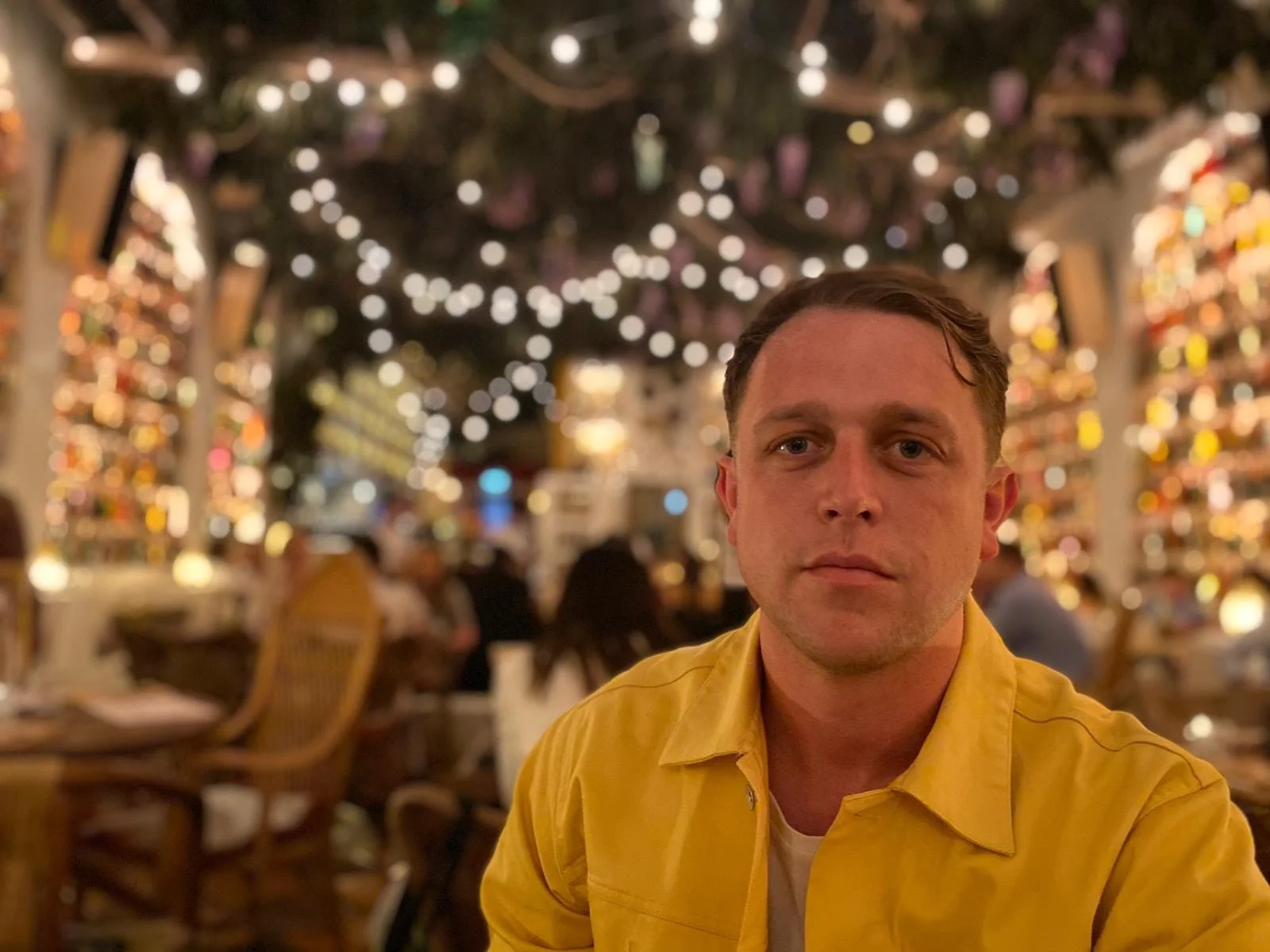Why I started Shade the UK
“I created Shade the UK because I believe that climate change is not just an environmental problem, but a social and economic challenge that requires a holistic, inclusive, and compassionate response. ”
Listen, we all know the importance of reducing carbon emissions and adapting to extreme weather events. But have you ever stopped to consider how vulnerable people are affected by the changing climate in their daily lives? I founded Shade the UK because I saw a glaring gap in how we address the impacts of climate change on our built environment and public spaces.
As someone who's been in the construction industry for over a decade, I know that building regulations and new developments are trying to mitigate climate-related risks. But what about the millions of people already living in buildings not designed to cope with heatwaves, or those who rely on public spaces with little shade? That's where Shade the UK comes in - we're all about adapting the built environment and public spaces to protect the vulnerable against a changing climate.
I believe that everyone has the right to live, work, and play in places that are safe, comfortable, and sustainable, regardless of their income, age, or health status. I also believe that this is not just a matter of individual well-being, but of social justice and human rights. As climate change exacerbates existing inequalities and vulnerabilities, it is our responsibility to ensure that those who are most at risk are not left behind.
If we neglect to put the necessary shading infrastructure into our green spaces we won’t be able to use them.
One of the key insights that led me to found Shade the UK is that existing buildings are often overlooked in climate adaptation efforts and if we neglect to put the necessary shading infrastructure into our green spaces we won’t be able to use them. While new builds can incorporate passive cooling, shading, and green infrastructure from the outset, older buildings and infrastructure face more complex challenges. Retrofitting these buildings with climate-friendly features can be costly and difficult, but it is also essential if we want to avoid a two-tiered society where those who can afford to live in newly-built, climate-resilient buildings are protected while the rest are left to suffer. This is especially important for care homes, social housing, schools, hospitals, and other public buildings that serve vulnerable people. We cannot afford to ignore the fact that heatwaves, for instance, can exacerbate health conditions such as asthma, heart disease, and dementia, and that the most vulnerable people are often the least able to cope with these impacts.
Similarly, public spaces are crucial for providing people with access to nature, social interaction, and physical activity. But too often, these spaces are ill-equipped to deal with the changing climate. Parks and playgrounds can become unusable in hot weather, forcing families to stay indoors or seek shelter elsewhere. Pavements and streets can become too hot to walk on, creating a barrier for older people, disabled people, and those with mobility issues. And for homeless people and those living in temporary accommodation, public spaces can be the only refuge from extreme temperatures, yet they offer little protection from the elements. By focusing on these places, and on the needs of the people who use them, Shade the UK aims to create a more equitable, sustainable, and resilient future for all.
Public spaces are crucial for providing people with access to nature, social interaction, and physical activity
Excess deaths during the 2022 UK heatwave
The urgency of our mission was highlighted by the devastating effects of the 2022 heatwave in the UK. During that summer, temperatures soared to record levels, reaching over 40 degrees Celsius in some areas. This led to a significant increase in heat-related illnesses and deaths, particularly among older people and those with pre-existing health conditions. According to official figures, an excess of more than 2,800 people aged 65 and over died in England during the 2022 summer heatwave. This is a stark reminder that climate change is not just a distant threat, but a present reality that is affecting people's lives.
To achieve our mission, of zero deaths from overheating, Shade the UK is firstly looking for ways to raise awareness of the importance of climate adaptation for vulnerable communities. One approach is to engage with schools, and universities, to promote design competitions that focus on climate-friendly solutions for buildings and public spaces. By encouraging young people to think creatively about how to mitigate the risks of overheating and other climate-related impacts, we hope to inspire a new generation of architects, engineers, and urban planners who prioritise social and environmental justice. We are also seeking partnerships with universities to conduct research and develop evidence-based solutions that can inform policy and practice.
Second, I want Shade the UK to actively help vulnerable people by raising funds to directly support projects that adapt our buildings, improve our common areas, and promote programmes that expedite the path to climate justice.
I founded Shade the UK because I believe that climate change is not just an environmental problem, but a social and economic challenge that requires a holistic, inclusive, and compassionate response. By adapting the built environment and public spaces to protect the vulnerable against a changing climate, we can create a society that is more resilient, more equitable, and more connected. I hope you will join us in this mission, and help us make a difference in the lives of those who need it the most.
Andy Love is also the founder of Love Design Studio a UK-based Sustainability Consultancy



